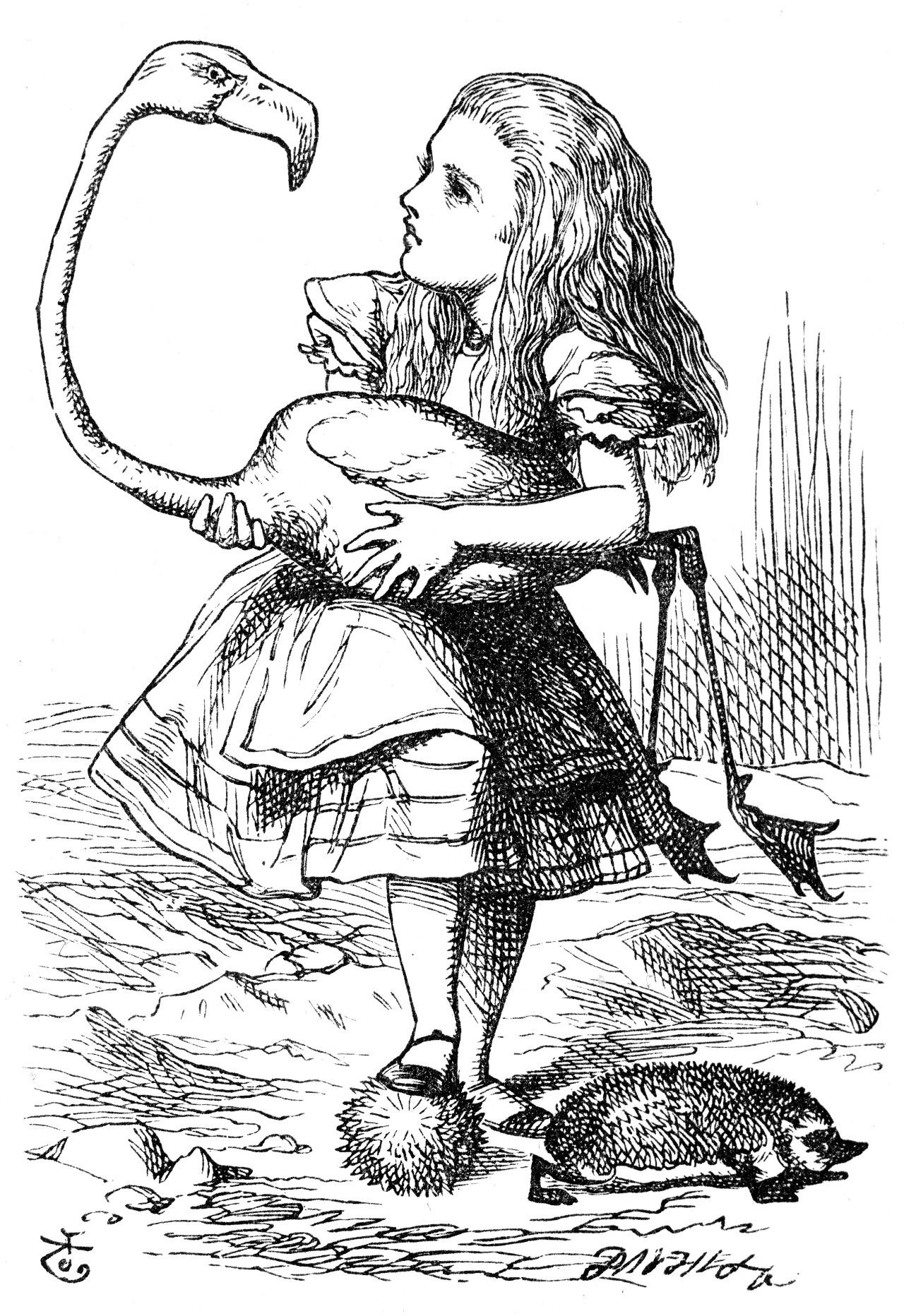Short description
Introduction to the contribution of anthropology to the study of educative processes through the life span, and in all the settings where people assemble (villages, neighborhoods, families, peer groups, schools, etc.). Attention will be paid to the policy issues anthropological research can address.
Longer description
Anthropology, with ethnography as its core method, has contributed much to our understanding of education as a fundamental and ongoing human process. This course explores this contribution by reviewing how life is transformed by this ongoing education in some of the most common settings where people make their lives: in families and communities, in schools and colleges, in work places throughout life. The exploration proceeds through a review and critique of recent research and theorizing about education as collective practice within the strongly framed local settings of everyday life. We will focus on the problematics of "community" and "practice" as it relates to the problematics of education as a total process. Particular attention will be paid to State processes, their impact on everyday education, including education about State processes that may lead to various forms of resistance.
While much of the research reviewed was conducted in the United States, the course is fundamentally a course in the comparison of educational processes throughout the world.
Development
 Education and development must be local, “community” processes even as they are also global ones.
The course builds on this intuition as continuing work in anthropology and sociology have critiqued it.
The concept of community is too powerful as an ideological tool in America to be yielded carelessly.
It also indexes something that is too real to be cast aside. The recent interest in practice, agency, resistance, etc.,
must make us pay close attention to the actual settings where human beings conduct their lives in direct contact with
each other. These are the settings often explored as “communities” in a long tradition of work that
remains fully contemporary when properly handled. We will be particularly concerned with the collective efforts
to transform difficult conditions–efforts which, in and of themselves, are to be considered educational.
We will do so using the ethnographic methods that are most likely to reveal the collective and relentless effort to
educate.
Education and development must be local, “community” processes even as they are also global ones.
The course builds on this intuition as continuing work in anthropology and sociology have critiqued it.
The concept of community is too powerful as an ideological tool in America to be yielded carelessly.
It also indexes something that is too real to be cast aside. The recent interest in practice, agency, resistance, etc.,
must make us pay close attention to the actual settings where human beings conduct their lives in direct contact with
each other. These are the settings often explored as “communities” in a long tradition of work that
remains fully contemporary when properly handled. We will be particularly concerned with the collective efforts
to transform difficult conditions–efforts which, in and of themselves, are to be considered educational.
We will do so using the ethnographic methods that are most likely to reveal the collective and relentless effort to
educate.
Further information
- Educating in life: Ethnographies of challenging new normals. by Hervé Varenne and ... New York: Routledge. 2019
- On education, taken comprehensively, a three volume series edited by Hervé Varenne and Edmund W. Gordon
Final note
This is not a course in ethnographic methods. If you are interested in such a course, consider ITSF5000.